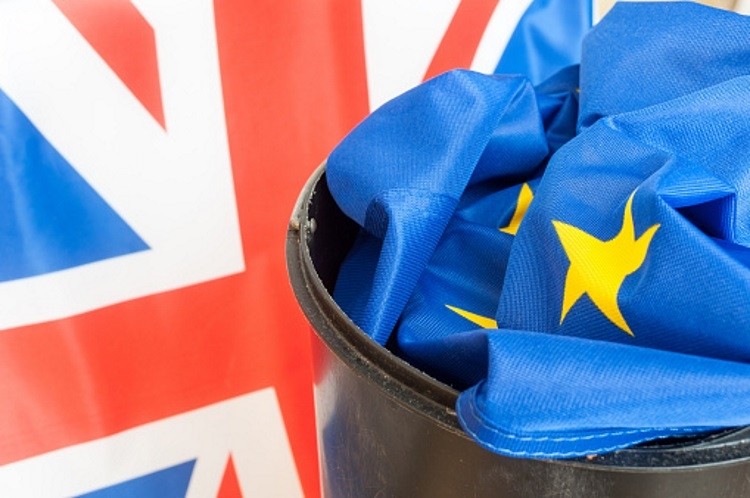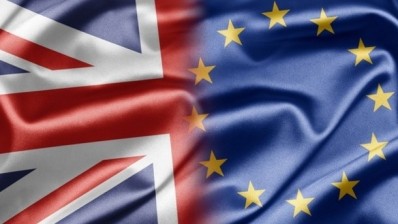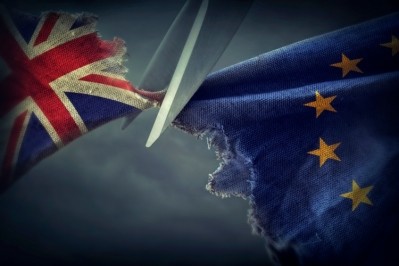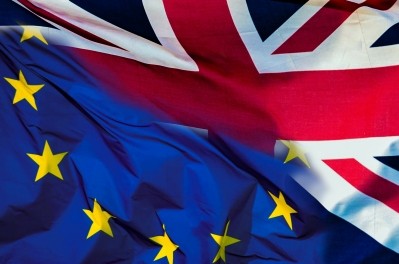Food industry demands more time for Brexit deal

Theresa May’s Brexit deal was rejected by 230 votes, which marked the largest-ever margin of defeat for a Government motion.
The result also led to Labour Party leader Jeremy Corbyn tabling a no-confidence motion in the Government, which is due to be voted on later today (Wednesday 16 January). Britain is scheduled to exit the EU on 29 March, 10 weeks away.
Extension needed
Food and Drink Federation chief executive Ian Wright called for an extension to Article 50, so more clarity could be achieved. “The Prime Minister’s deal has been decisively rejected and it is now vital that the political leadership finds a way to indicate what alternative should be pursued.
“We are calling for an extension to Article 50 in order for Parliament to decide what our next steps are – whether that is a new deal, a referendum, an orderly exit from the EU without a deal at a later date or a general election. The Government should now be looking to speak with representative organisations such as the FDF, to ensure they are pursuing an alternative that prevents further damage to the UK’s wider economy.”
Food Storage & Distribution Federation chief executive Shane Brennan told Food Manufacture that businesses have to keep trading despite the uncertainty. “Business people across the supply chain are scratching their heads this morning as to how Government and Parliament could allow things to get to this point and still have no decisions made.
“Indecision and uncertainty on these fundamental issues are the worst of all worlds for supply chain businesses. Our industry has been planning for no deal for months now and so we will get on with delivering on those plans. There is nothing else we can do.”
Federation of Small Businesses national chairman Mike Cherry warned that businesses had no idea where they stood. “It is time for politicians to come together and urgently find a way forward from this alarming Brexit stalemate, and now, no-confidence vote,” he said. “The UK is due to leave the EU in just ten weeks, and yet businesses still have no idea what kind of circumstances they should prepare for. Many small businesses would be adversely impacted by a chaotic no-deal exit. It is vital that there is a transition period, to give smaller firms time to adapt to whatever the final outcome turns out to be.”
Confidence down
Cherry added that business confidence has suffered due to this uncertainty. “Small business confidence has plummeted to its lowest point since the wake of the financial crash. Four in ten expect performance to worsen over this quarter, two-thirds are not planning to increase capital investment, and a third see lack of the right skills as a barrier to growth. That’s what political uncertainty does to business: it makes it impossible to plan, innovate and expand.”
Carolyn Fairbairn, Confederation of British Industry director-general, urged MPs to “protect the UK’s economy”.
“Every business will feel no deal is hurtling closer,” she said. “A new plan is needed immediately. This is now a time for our politicians to make history as leaders. All MPs need to reflect on the need for compromise and to act at speed to protect the UK's economy.”
















